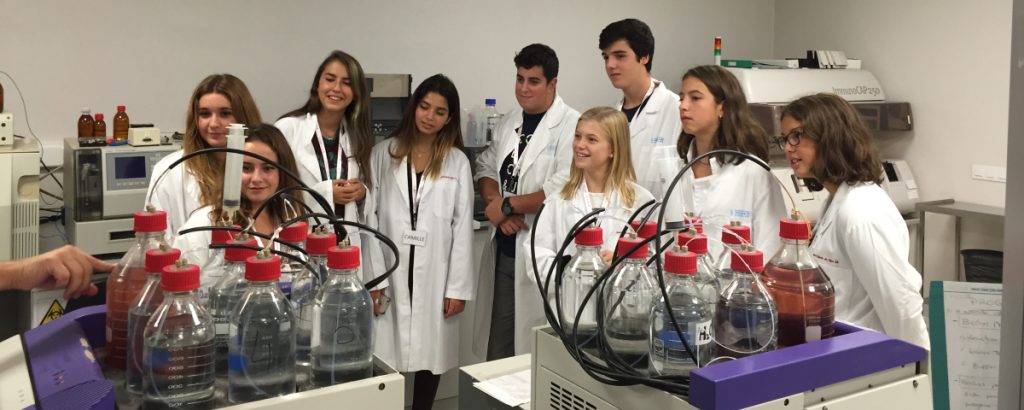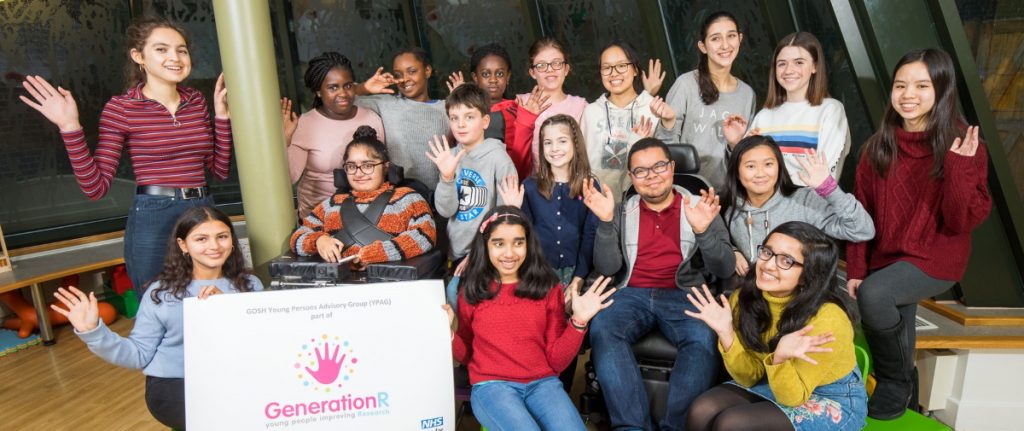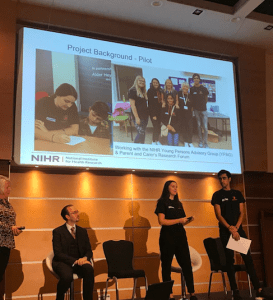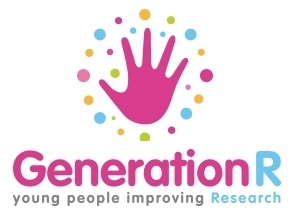- A Young Persons Advisory Group (YPAG) is a group composed of children and young people actively involved in research.
- YPAG members should change from research subjects (participants of research) into partners with researchers (designing the research)
Key points

“I have really enjoyed all the meetings and YPAG has been a fantastic way to learn more about research”
A Young Persons Advisory Group (YPAG) is a group made up of children and young people actively participating as partners, advising researchers and their teams on a full range of activities in various clinical research projects and initiatives.
The first YPAG emerged in the UK in 2006 www.generationr.org.uk and is now a model adopted across Europe https://www.eypagnet.eu/and globally via the International Children’s Advisory Group Network https://www.icanresearch.org
A YPAG membership is usually made up of children and young people (aged between 8-18 years, although some groups have older members) with either a chronic condition, have experience of participating in a clinical trial, or children and young people with a general interest in science and research.
Role of YPAGs

The YPAG model is guided by the principle that group activities should transform children and young people from research subjects (participants of research) into partners with researchers (designing the research), enabling children and young people to take an active role and contribute to research projects.
While working to learn more about clinical research, well-prepared children and young people can help researchers develop research questions, design trials, improve communication with the target population, and brainstorm methods for dissemination of findings. Many YPAGs also work on research projects of their own and participate in scientific conferences where they present their findings and speak to the importance of their YPAGs involvement in research.
YPAGs provide a forum for children and young people to learn about, and comment on, various aspects of health research and clinical trials on medicines for children. Its main tasks are to:
- Learn about health and clinical research
- Participate in research activities, such as contributing to research ideas and priorities, highlighting appropriate outcomes and adapting documents on clinical trials so that they are suitable for children and young people
- Provide input and collaborate with key organisations to promote children and young people’s involvement in health research (organisations such as regulators and industry)
- Promote the importance of children and young people’s voice in health research, and more importantly listening and acting on what children and young people say!
How YPAGs help researchers

Whilst learning about research, YPAG members can help researchers with study design and communication.
There are many ways in which YPAGs can support research projects, some examples include:
- Obtaining children and young people’s views about the research idea, is the study feasible?
- Is the study design appropriate, for example, does it involve too many hospital visits around school time?
- Is the patient information leaflet appropriate for children and young people?
- Help with ethics applications by reviewing the lay summary
- Help with the interpretation of results
- Help with writing the child and family friendly study feedback

